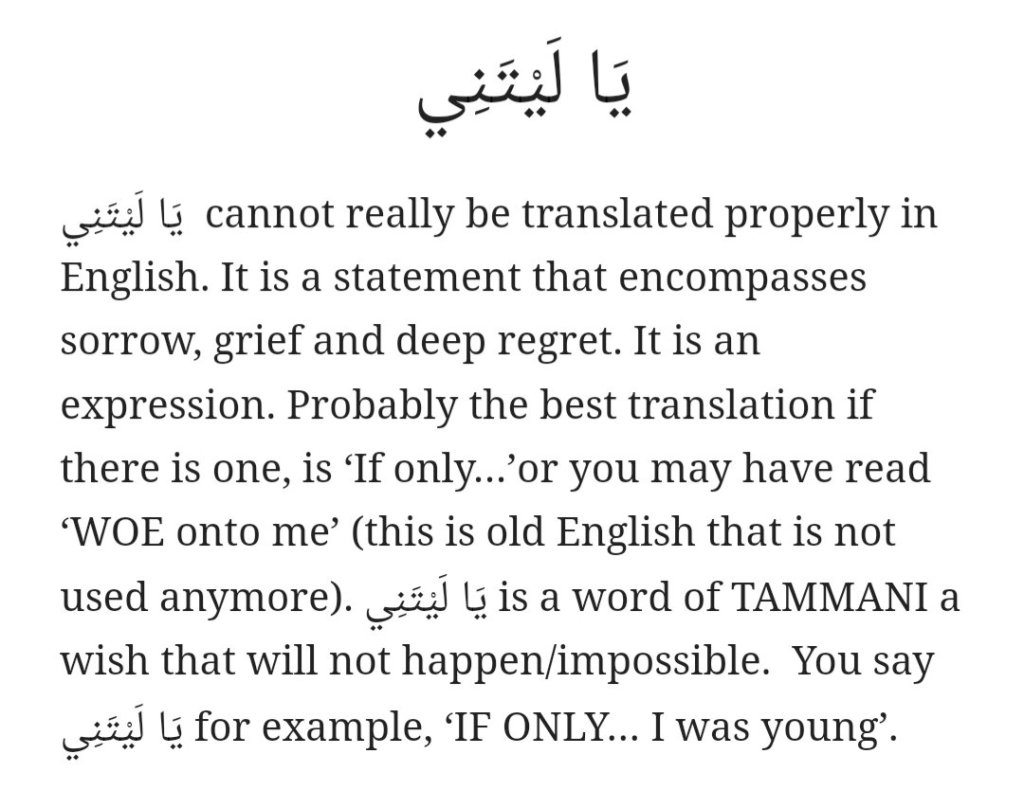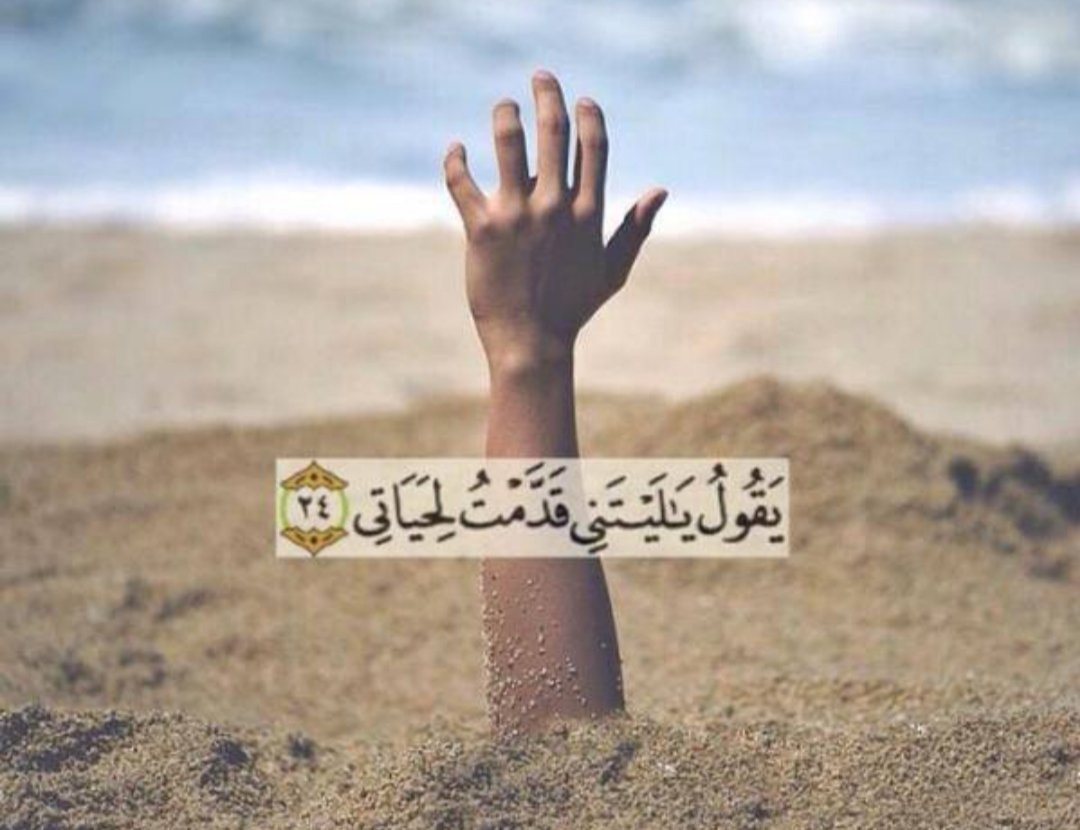
Surah An-Naba is a Meccan surah with forty verses. Naba means The Great News. The Surah derived its name from the word an-Naba in the second verse. This is not only a name but also a title of its subject matter, for Naba implies the news of Resurrection and Hereafter and the whole Surah is devoted to the same theme.
This Surah was revealed at the early Meccan times. The theme of all the Surahs, from Al-Qiyamah to An-Naziat, closely resembles one another’s, and all these seem to have been revealed in the earliest period at Makkah.
The nature of this Surah is that it puts emphasis on the Creation and the Resurrection, furnished with glad tidings and warnings; usually in a shocking and awakening tone. Surah An-Naba begins with an awakening question, and ends with some intensive warnings.
In order to bring the people of Makkah to the way of Islam it was absolutely essential that the doctrine of the Hereafter should be instilled into their minds, for without belief in this doctrine, it was not at all possible that they could adopt a serious attitude with regard to the truth and falsehood, In this Surah first of all, allusion has been made to the common talk and the doubts that were being expressed in the minds of the people of Makkah on hearing the news about Resurrection. Then, the deniers have been asked about creations of Allah as the Surah mentions the list of Allah’s creations like earth, mountains, pairs, sleep, rain, gardens etc. Do these things only tell you that the power of the Allah Who has created them, will be unable to bring about Resurrection and establish the Next World? All this is not meaningless.
After giving these arguments it has been emphatically stated that the Day of Judgment shall certainly come to pass on its appointed time. No sooner is the Trumpet sounded than whatever is being foretold shall appear before the eyes, and whether you believe in it today, or not, at that time you will come out in your multitudes from wherever you would be lying dead and buried to render your account. Your denial cannot in any way avert this inevitable event.
Then reference has been made to the painful chastisement of the transgressors and the encouraging gifts and blessings of Heaven.
In conclusion, the Divine Court in the Hereafter has been depicted, making it plain that there will be no one to intercede for one another apart from who Allah wills. The Day the coming of which is being foretold, shall certainly come to pass. Do not think it is yet far off, it is close at hand. Now, whoever wills, let him believe in it and take the way towards his Lord. Or else regret would be man’s eternal destiny.
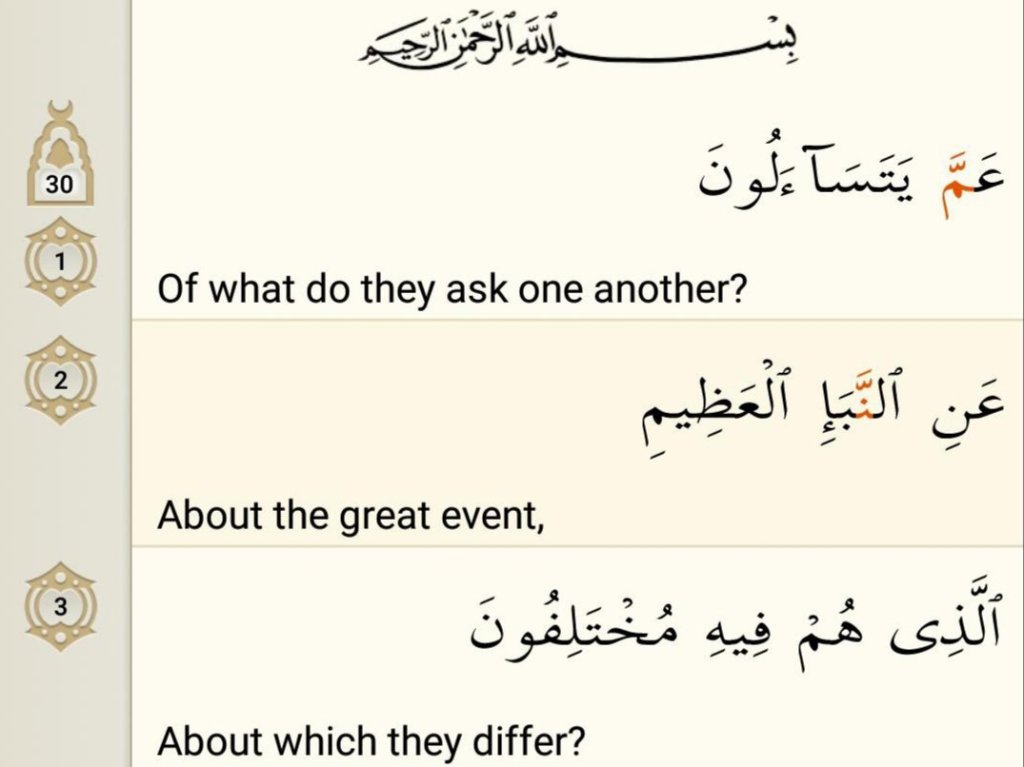
The Great News of Resurrection, not a joke!
In the first verse, Allah astonishingly questions:
“O what do they ask (one another)?”
Then, without expecting them to reply, the Quran answers:
“Of the Great News. That in which they differ.”
The disbelievers who used to ask each other about the Resurrection; of course, not for their research and comprehension but due to their doubts and uncertainty. They differed in the concept of Resurrection to different levels. The denial of the Resurrection, in an absolute form, does not decisively exist even among the disbelievers, because many of them assume that there is the existence of the soul after death, or in other words, ‘the spiritual Resurrection’. And some of them completely denied the Resurrection and did not believe in the warnings Prophet pbuh came up with.
There are also three opinions about the explanation of the word Yatasaa’alu (what are they asking one another).
➖It is a depiction of believers being asked by disbelievers.
➖This is a discourse that is taking place between the disbelievers.
➖Both the disbelievers and the believers are asking the Prophet pbuh.
What is Naba?
Naba is a greater kind of news. It always has some benefit for the person receiving it. Naba demands a reaction/action. When you hear it, it demands that you change something about yourself. For example, if you get the naba of a fire in the building, it demands that you get out and also let others know that they should get out. Also naba is a manifest event, a tangible thing.
When Allah speaks of the Resurrection as naba , He is referring to its tangible nature. Some religions believe that the afterlife is just spiritual. We know that the Akhirah is physical and real; it is not a state of mind. Both Paradise and HellFire actually exist; they are not figments of the imagination.
Naba-il-azeem is still added as an adjective making it The Great Event! Allah is asking the disbelievers, in that sarcastic nature, are they really asking about this enormous event. And instead of preparing for it, they are ridiculing it. A lot of the time these days youth get caught up on these missionary oppositions trying to respond to these sort of things. This is not new as these sorts of allegations have always been made in the past also.
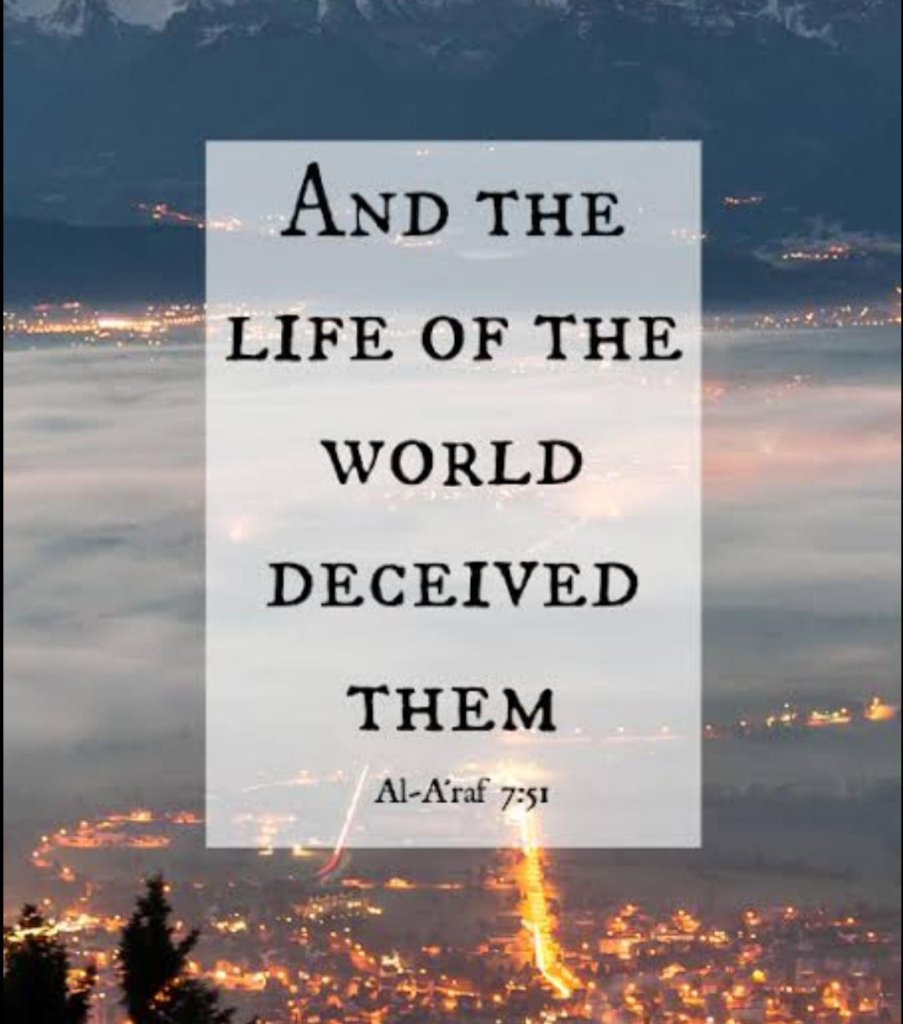
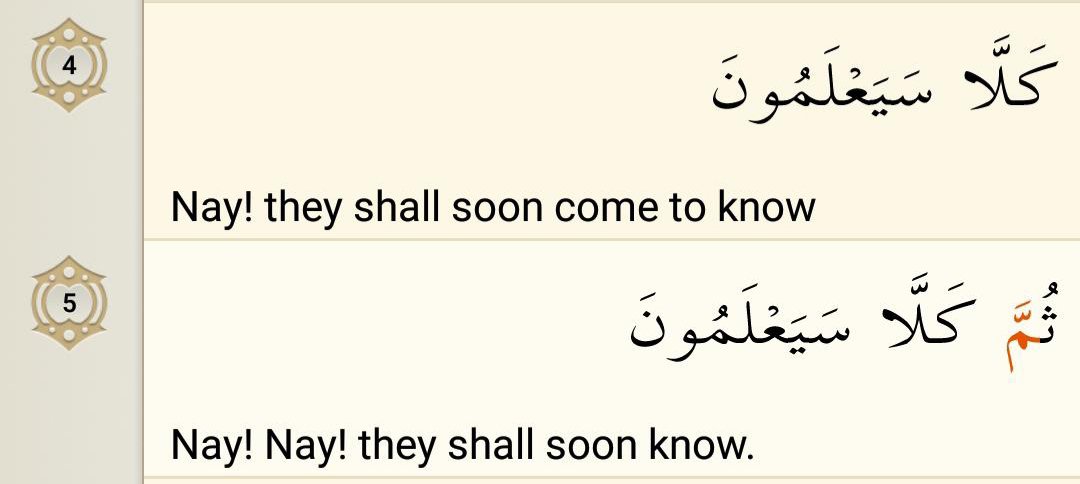
Now Allah is saying that the time is not far off when the same thing (Resurrection) about which the disbelievers are expressing all sorts of meaningless doubts and misgivings, will appear before them as a reality. Then they will realize that what the Messenger had foretold was absolutely true and what they were saying on the basis of speculation had no truth in it.
The word kala here means stop! Means whatever you are talking about, stop all those thoughts and you will soon come to find the reality. Another meaning of kala is truly! If kala sayalamoon are read at one stretch then it means truly for sure you will find out the truth, that Resurrection is bound to come.
Then the same ayah is repeated (takrar of ayah) mentioning the same idea that no again the reality is very soon. When something is repeated in Quran, it shows Allah’s emphasis and anger. Allah says that the Hereafter is near; that this whole life is just a fleeting moment in comparison to it.
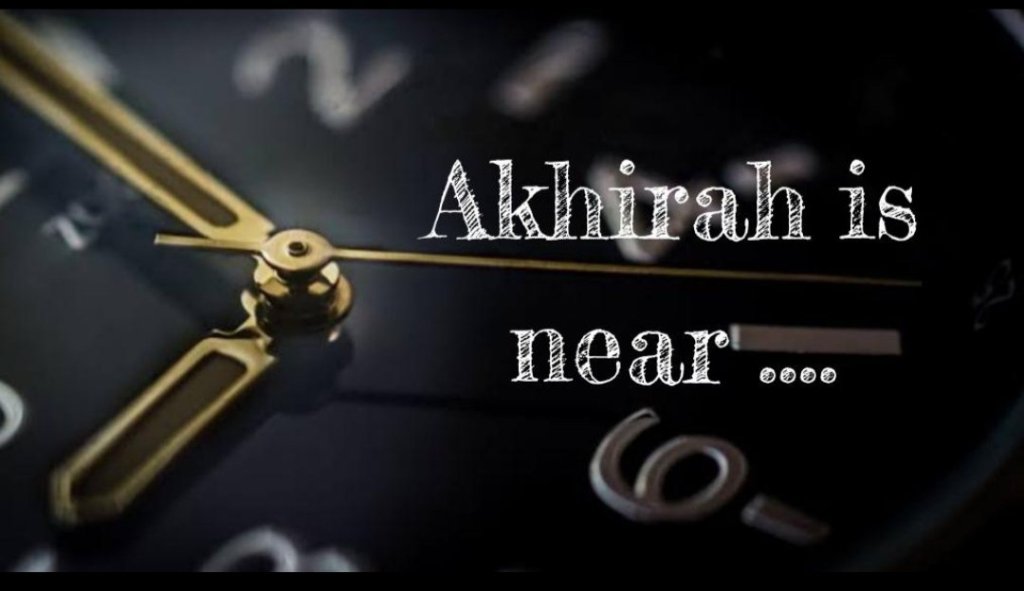
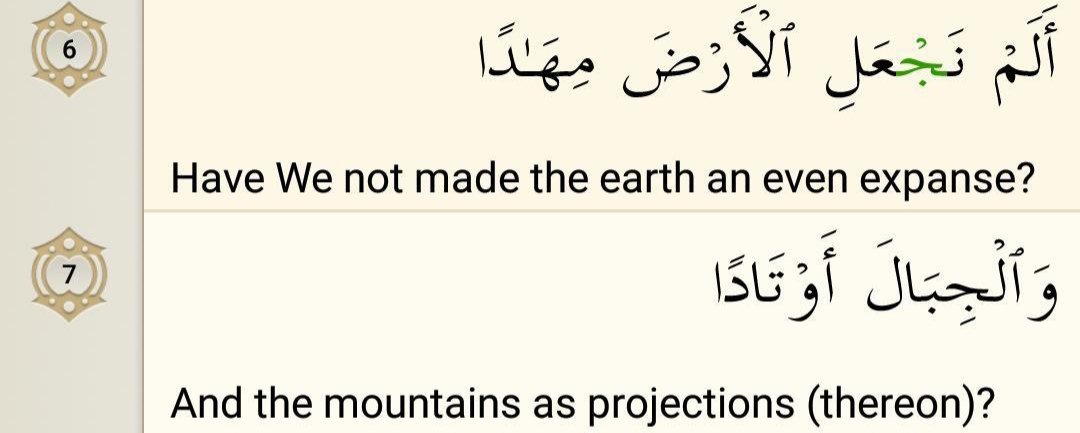
Now there’s transition of subject. In the upcoming eleven verses, twelve important blessings are pointed out, mixed with grace and affection and accompanied with reasoning and stimulation of the sentiments. As bare rational reasoning is not quite sufficient, sentiments and affections are needed for man to ponder. Allah shows His capability in man’s own visual experience. People do not believe in Akhirah so Allah shows His manifest power how now in dunia even, He created so much & has the power to do so.
The Earth…
At first Allah begins with the earth and says that have We not made the earth a wide expanse? Mihaad is derived from mahd which means bed or cradle, a sign of peace and tranquillity.
The use of this term, for the earth is full of meaning because on the one hand, most parts of the land are so smooth that man can construct on it and do farming. On the other hand, all his necessities are found over the Earth in the form of raw materials and valuable mines. Also the earth swallows up man’s refuse, and the corpse of the dead are buried in it; because of their dissolution and the absorption of their various microbes in the soil, to be vanished by the wonderful properties of dust. In short, everything useful for the comfort of the creatures living on the land, is supplied on this smooth bed, the Earth. The importance of this great blessing will be made clear only when some slight changes happen to it.
The Mountains…
Then Allah Has He not made mountains as pegs on earth?
Mountains have deep and expanding formations joined together under the ground. They, armour‑like, protect the Earth’s surface against the inner pressure caused by the central molten lava, and the outer pressure resulting from the moon. Also, mountains stand as lofty walls in the way of terrible storms, and as safe abodes for men to rest therein. If they were not so, man’s life would be quite uncomfortable under the constant strikes of violent storms. Man also constructs and pegs tents in land, it is like Allah saying see what you can do and what Allah has powers to do, what man pegs and what Allah pegs, and He is the Supreme Creator, thus man should be humbled.

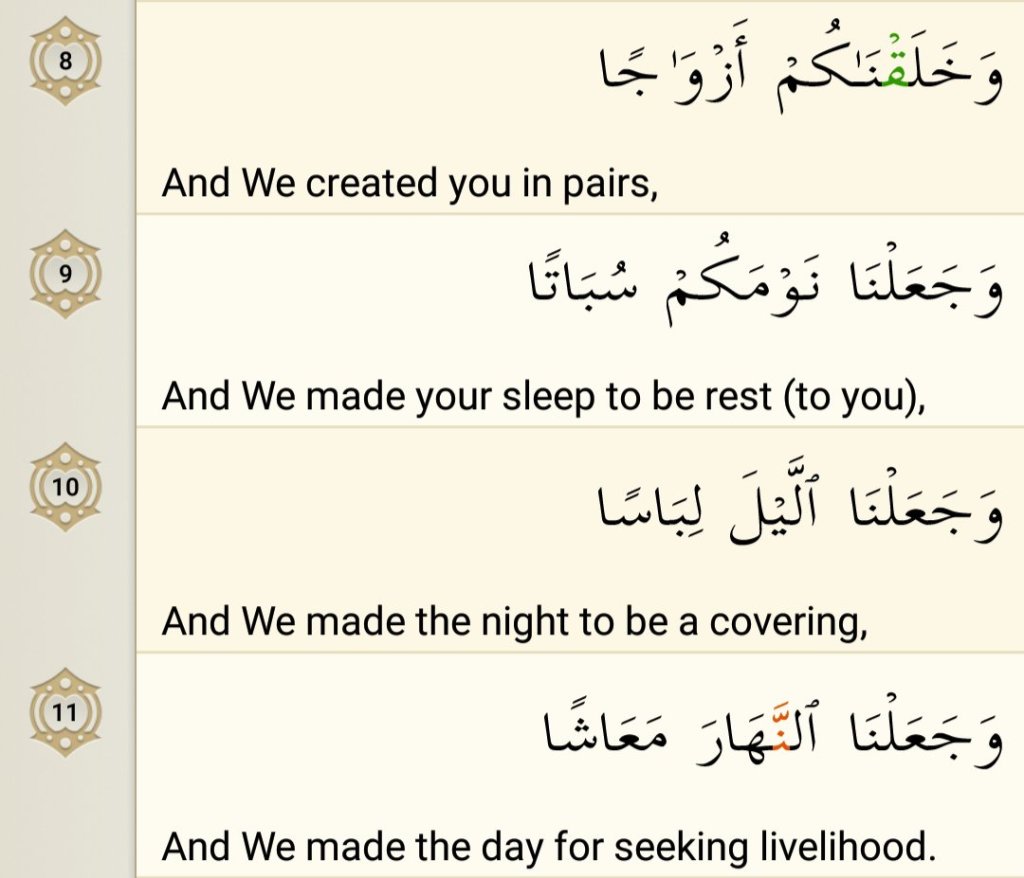
Creation of Pairs…
Allah created everything in pairs. The genders (masculine and feminine) are the complement of each other then, they become complete and this makes them a whole. Pairs is not human’s own manufacture, it is Allah who devised this great system of pairs in which the universe is operating perfectly. Even the disbeliever listening to this knows he had no power of creating male and female, so this is a point to ponder!
Sleep for rest, Night as a covering & day for livelihood…
It is one of the wisdoms of Allah Almighty that He has placed a desire for sleep in man’s nature in order to make him fit for work in the world, and which impels him to a few hours sleep after every few hours of work. Naum means deep sleep and subata means to cut off, just as in deep sleep we are cut off from everything. This sleep of dunia is a micro representation to that of Akhirah, when we will be resurrected again and eventually be cut off from everything and one another. This also shows Allah has ao much control over us, that even we can not control our own sleep. If He does not will, we can not get up from this deep down sleep!
The night has been made dark so that protected from light, we can enjoy a peaceful sleep more easily and He made the day bright for the reason that we can work for our livelihood with greater ease and facility.
Reference has been made to only one benefit out of countless benefits of the continuous alternation of night and day regularly on the earth to tell that all this is not happening without a purpose or accidentally, but there is supreme wisdom underlying it, which has a deep connection with our own immediate interests. The darkness that was needed for the peace and rest of our body in view of its structure has been provided in the night and the light that was needed for earning livelihood has been provided in the day. This arrangement that has been made precisely in accordance with our needs by itself testifies that it could not be possible without the wisdom of a Wise Being.
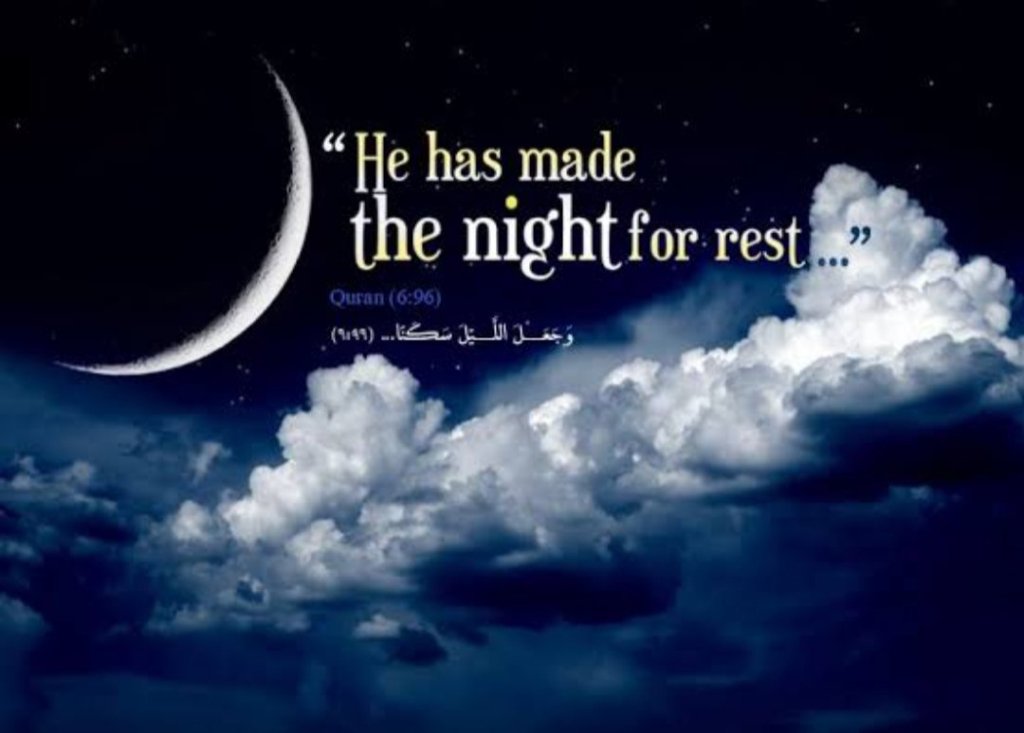
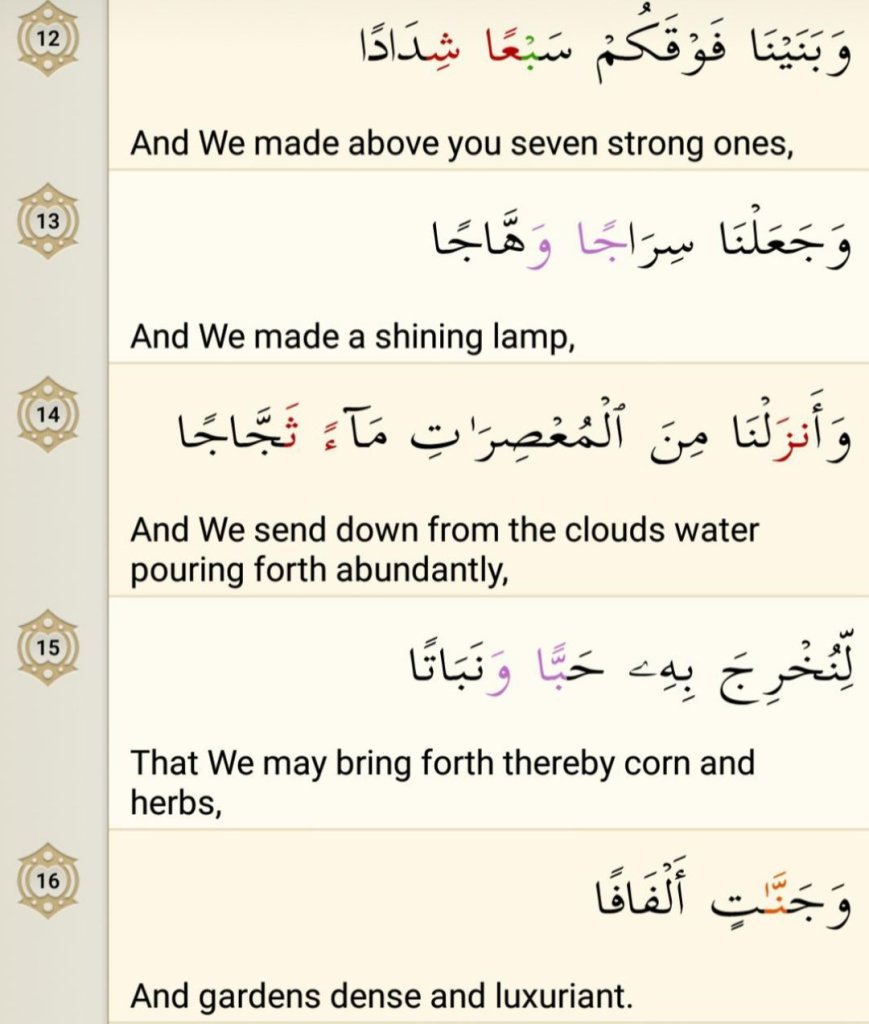
Seven strong firmaments…
Allah says We have made seven strong ones above you. The number ‘seven’, here, may be a multiplication figure which may refer to the heavens, the numerous celestial spheres, groups of systems, galaxies and the different firmaments, in the existing universe, which have a firm nature and are created massive and strong.
“Strong” in the sense that their boundaries are so strongly fortified that no change whatever occurs in them, nor does any of the countless stars and planets in the heavens, violating these boundaries, collide with the other, nor falls down to the earth.
It can also refer to the several layers of the atmosphere surrounding the Earth which, in spite of being apparently transparent, is so dense that it protects Earth from the continually falling meteorites.
Sun, a shining lamp…
Allah created the Sun, the blazing lamp. The word wahhaj used for the sun means both intensely hot and intensely bright. Here allusion has been made to a most wonderful and glorious sign of Allah Almighty’s power and wisdom which the sun is.
The Sun constantly illuminates the whole world, free of charge, with its warm, bright light and from an appropriate distance. It is neither so hot and burning, nor so cold and dim; and it offers itself to all of us.
Rain and vegetation…
Allah sends down from the rainy clouds abundant water. Rain by itself, has some benefits, it makes the air fresh, it washes the dirt away, it decreases the heat of the weather, it even moderates the cold weather, it decreases the cause of diseases and it brings man spirit and joy.
Apart form that the vegetation on Earth grows as a result of rain. The word habban is used for all kinds of grain, wheat and crop. Nabataat is used for all kinds of grass or vegetation. Basically, it is all the sustenance of the earth. Without vegetation, there is no life on earth. Whatever we consume of animals and food consumes plant life. And Allah also as a result of this rain, creates dense lush gardens with plants and trees intertwined with each other.
Akhirah makes a logical sense!
After providing all these signs, it becomes very clear that all this could neither come into existence without a mighty power, nor continue to exist or function so regularly. There exists a great wisdom and nothing is purposeless. So one will be foolish to think that the One Who can create can not destroy these things. So Akhirah makes a logical sense!
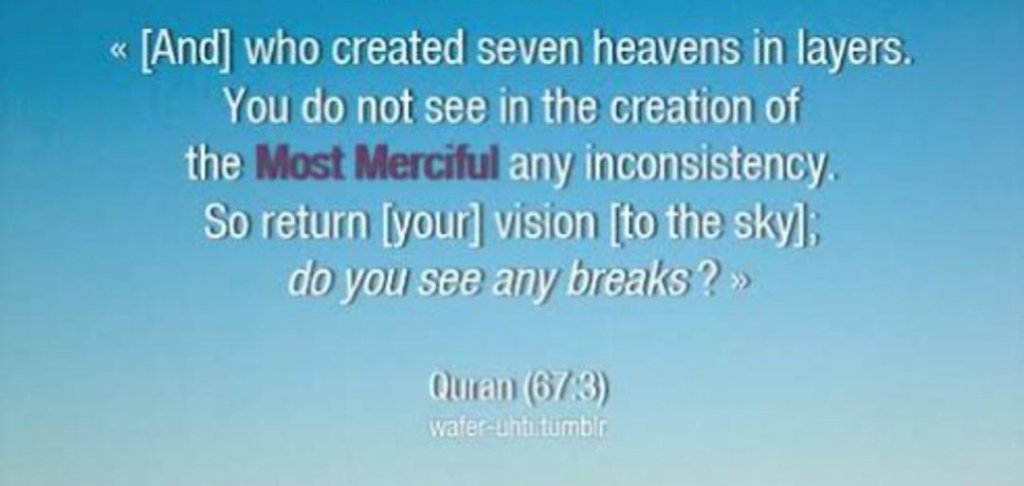
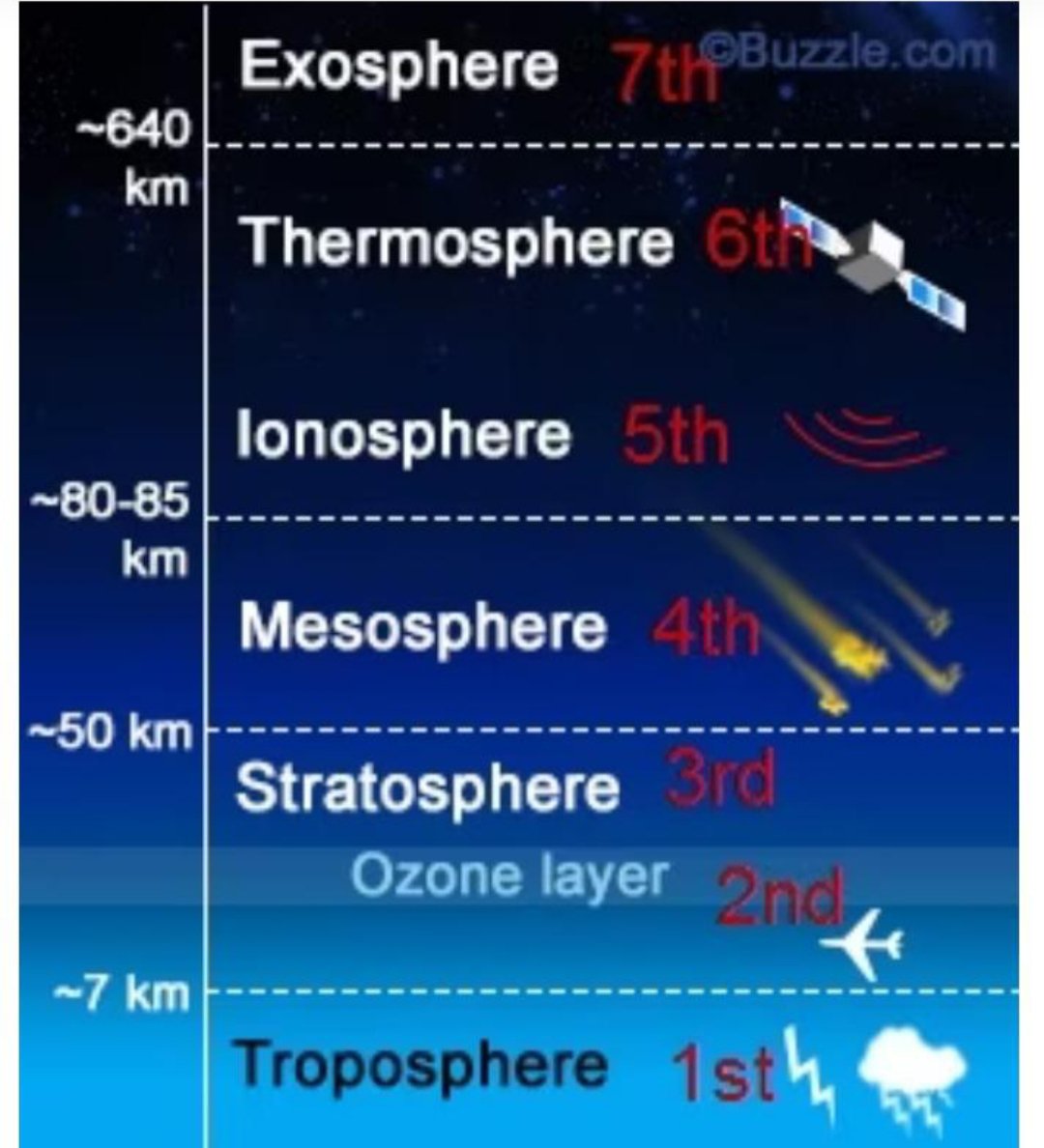
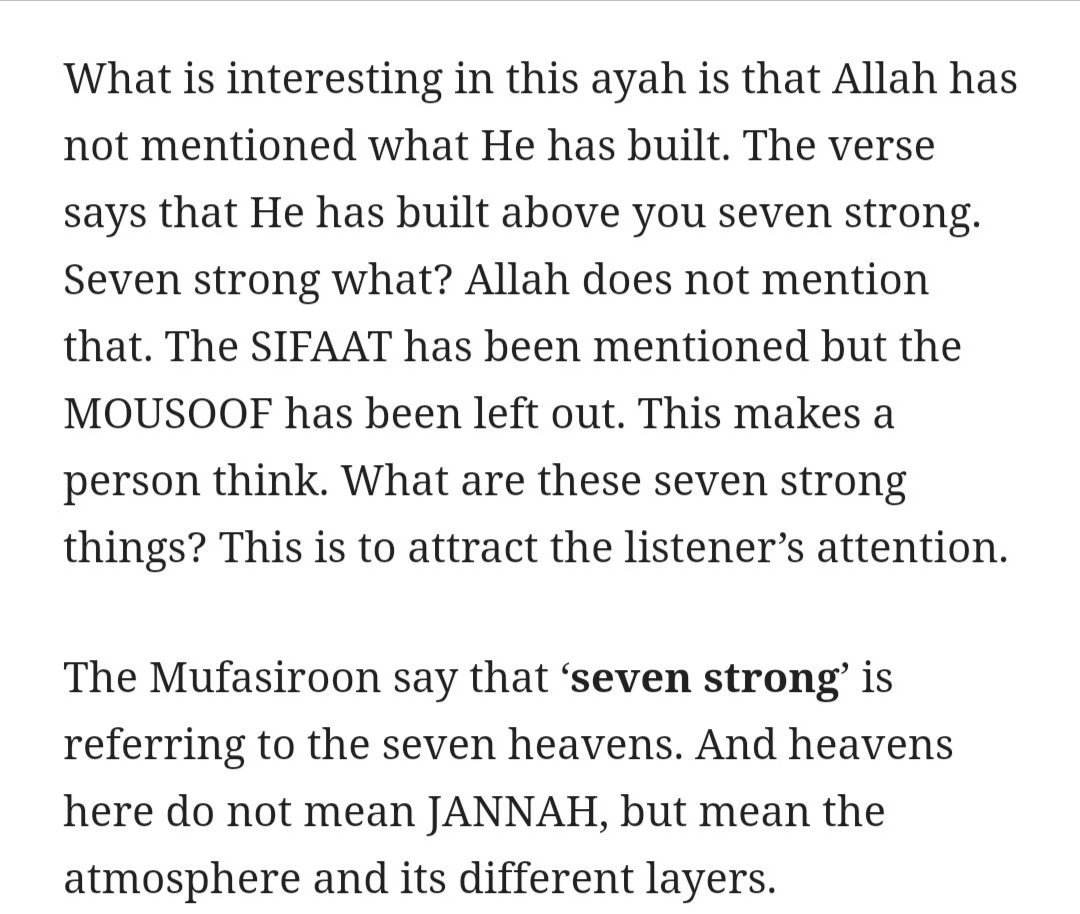
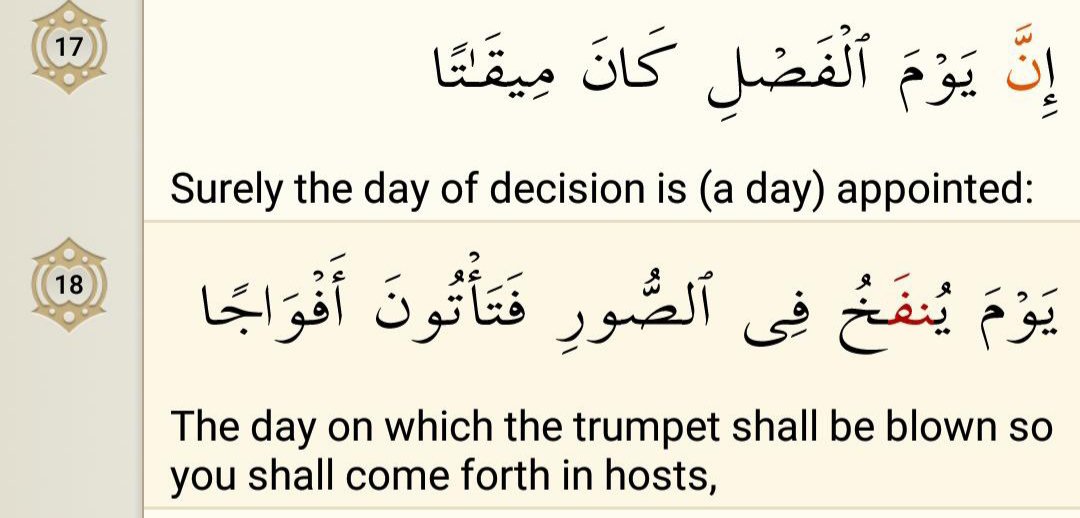
Now begins the next theme of the Surah. Allah is denying the rejection of the rejectors and saying that indeed the Day of Judgement is an appointed time.
Fasl is to take two things and separate them so much that they are clearly apart from one another. Youm-al-Fasl means The Day of clear separation. The Day of Judgement has many names e.g Youm-at-Taghabun, Youm-ud-Deen etc.
What is the significance of mentioning Youm-al-Fasl here. There are 2 reasons:
1) To separate between the true claim from the false claim. Meaning this is the Day when the truth will be separated from falsehood.
2) It is a separation of people. The believers will be separate from the disbelievers etc.
The word kaana is used here, meaning that it was an appointed time. Meaning that this appointment with Allah was something that was determined a long time ago.
The Day the Horn is blown and people will come forth in multitudes/crowds. Soor is a horn. Horns where well known to the Arabs. They would be used to make an announcement e.g if there was an army approaching, you would blow your horn so as to make an announcement, as if there is an imminent danger that is about to come.
Who will blow this horn? The Angel Israfeel and he is already waiting for the command as a Hadith states that the Prophet pbuh said ‘How can I be comfortable when the one with the horn is holding it between his lips and his forehead is leaning forward, waiting to be given permission (to blow it).’
According to the majority of the scholars, the horn will be blown twice. One will put everyone to death, and the second will be when the people will be resurrected from the dead. This ayah refers to the second blowing of the horn. And mankind will be raised groups after groups. This implies that these different groups will have similar qualities. So one group will be of disbelieves another of believers another of sinners etc. These are not random groups.
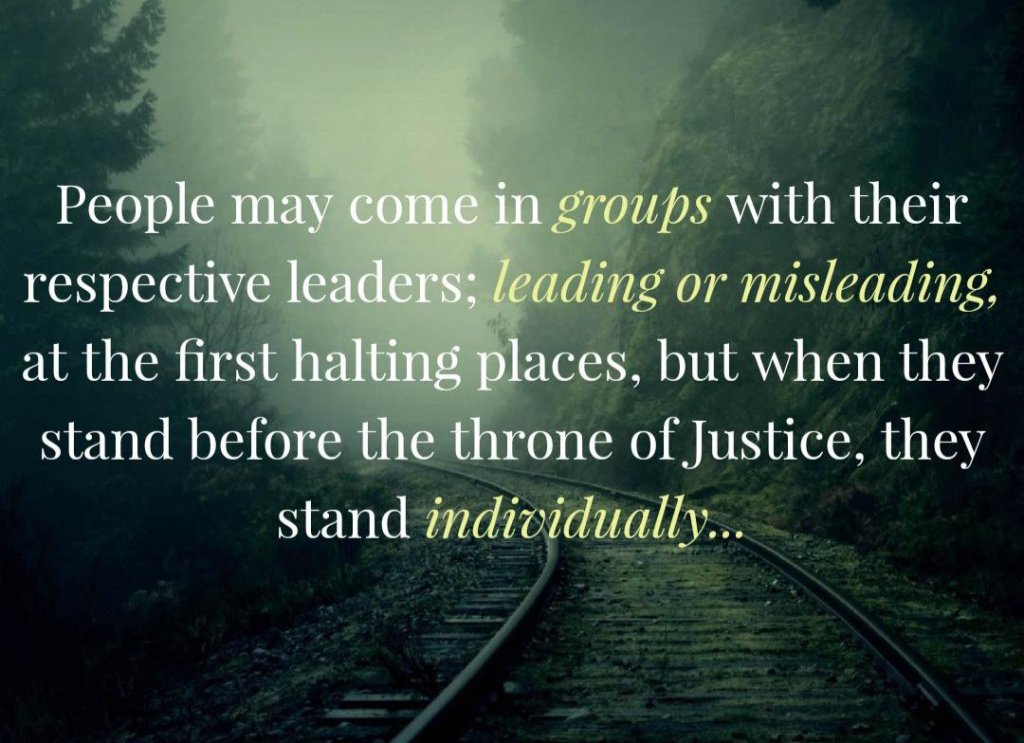
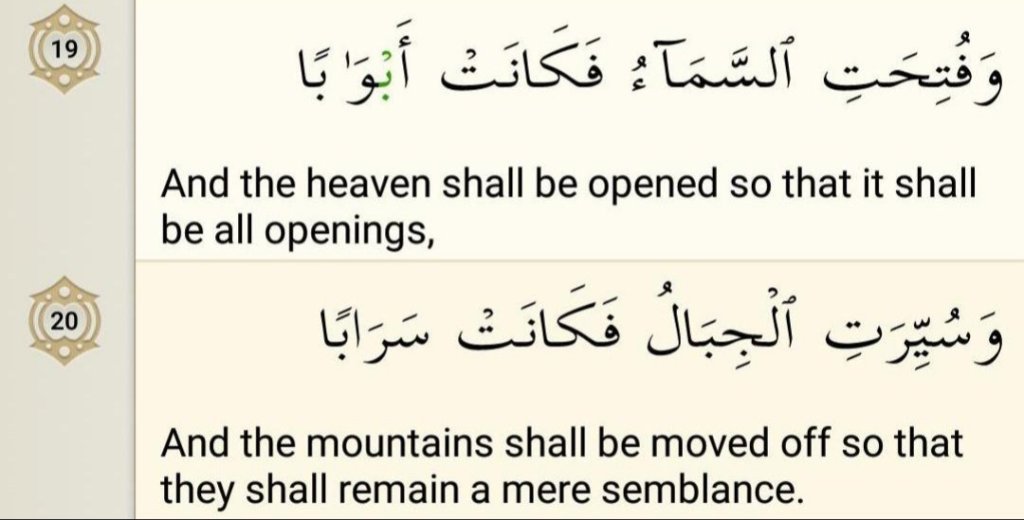
Then Allah says the heavens shall be opened as it has so many doors or gateways. It means that all obstacles in the heavens will be removed and every heavenly calamity from every side will be befalling freely as though all doors for it were open and no door had remained closed to obstruct its happening. It is also said that the angels will descend through these portals in order to fulfill the command of Allah.
Allah has created the whole world in a well-balanced equilibrium. However on the Day of Judgement, the world will be turned on its head, this equilibrium will be destroyed and the sky will tear. In construction what is the loosest part of the room? The door is the loosest because it has hinges; it is the weakest part of the construction. Allah talks about this magnificent construction and then he says they will be like doors; very weak. You’ll see cracks everywhere. Such is the scenery of that day.
The mountains will be set in motion till they become as a mirage. In no time will the mountains be uprooted from their places and then will be scattered away in particles leaving nothing but vast, empty sand plains behind. This same state has been described in Surah Ta-Ha (V:105-107),
“They ask you: well, where will the mountains go on that Day? Say to them: My Lord will reduce them to fine dust and scatter it away. He will turn the earth into an empty level plain, wherein you will neither see any curve nor crease.”
When high solid mountains will have a destiny like this, the state of other changes in the world and, also the state of people of great authority, in this life, will be obvious there; a mere mirage.

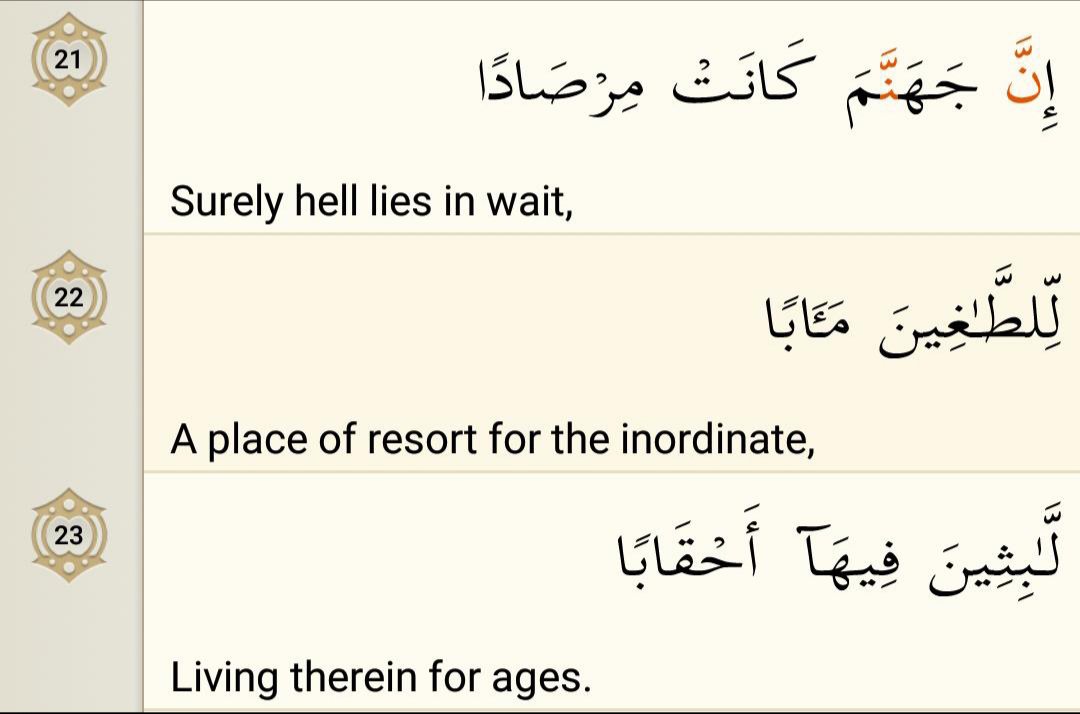
Hell is a great ambush!
On that Day there are only two destinations Jahannum or Jannah. Allah begins by mentioning Hell first. These next few verses serve as a server warning and a threat to the disbelievers that if they continue with their rebellion this will be their destiny.
Mirsaad comes from the verb rasada. Mursad is one who is trying to ambush. Allah describes Hell as mirsaad, a place ideal for ambush, a place of observation.
Hell is lying in wait for each of the transgressors, who passes by, will be absorbed inside, and in this passage it can be seen that none of them will he safe from fire since, either the angels of chastisement or the intensive absorption of Hell, will capture them. Hell has been described as an ambush, because the rebels of God are fearless of it and are enjoying life thinking that the world is a haven of bliss for them. They do not know that Hell is lying in ambush for them, which will trap them suddenly and keep them trapped.
Tagheen means the transgressors, who go beyond all bounds showing no care or attention in particular in dealing with people rights and the rights of Allah.
Allah describes Hell as a place of stay and He used the word Ma’aab a place which is frequently returned to which is usually a place of where you return to find comfort and safety. In the Dunia the most common place you go to find peace is your home and this is also the safest place. But Allah has described Hell as ma’aab. Why? Two explanations are given.
1) If Allah had just said Hell is a place where one resides, then maybe in the mind of the disbelievers, they may think within Hell maybe they can find a place where one can seek refuge, a place where the punishment is less severe etc but this verse refutes this notion. By saying ma’aab it will be for its inhabitants a place/home where they will find no securer place than the place they are in (even though there is no security/peace in this place whatsoever).
2) Allah is telling us they will try and escape from their place of punishment but they will keep being brought back to there place of stay.
Indeed this is quite a frighting description to how Hell will be for the disbelievers.
The dwellers of Hell will live there for ages, forever. The word ahqab means successive periods of long time appearing continuously one after the other. One haqab should be closely followed by another haqab; therefore, ahqab will necessarily be used only for such periods of time as continue to appear successively one after the other and there should be no period which is not followed by another period. Allah uses this description to add to the pain of the disbeliever, because as soon as he will reach the end of one haqab ,he will have hope to be released but he will be disappointed to see another haqab starting right over, thus he will be captured in a never ending torture.
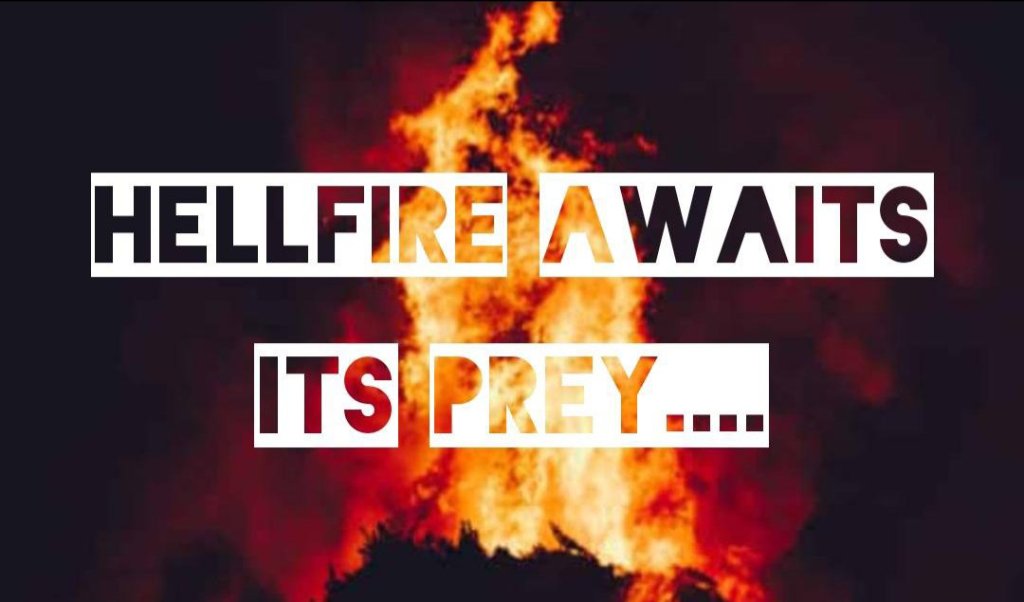
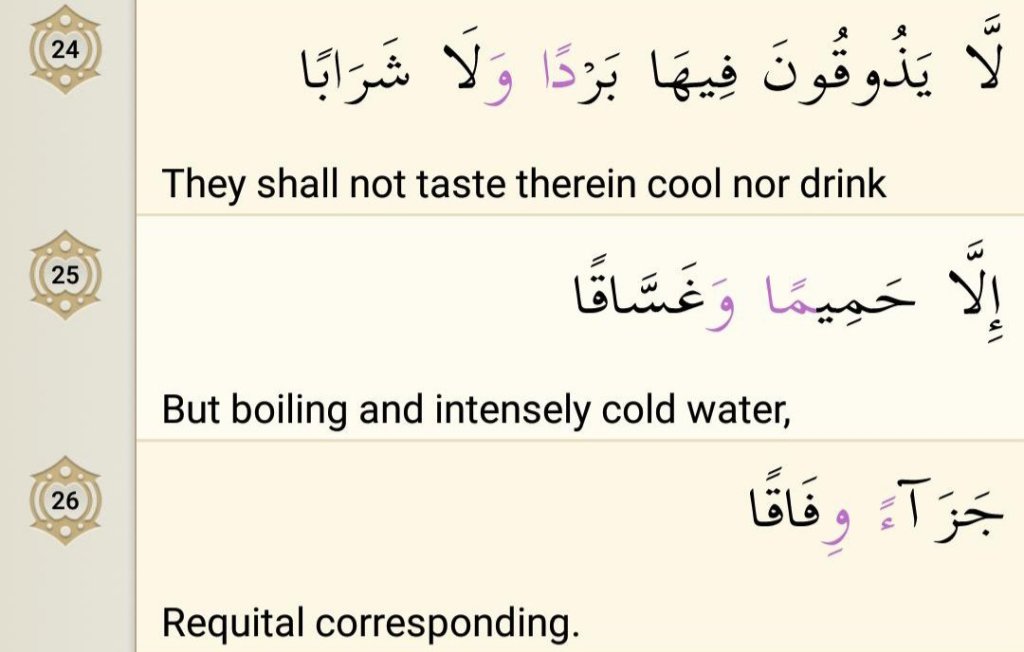
The dwellers of Hell will have no comfort, no coolness. When thirsty they will be given hameem and ghasaaq.
What is Hameem?
Hameem is a drink that has reached its maximum temperature and point of boiling. It interestingly has two meanings.
1) It is a boiling burning drink.
2) A very close friend. So what is the connection between a burning drink and a friend?
This boiling burning drink will be given to the disbelievers so often it will be like their companion/friend.
What is Ghasaaq?
The word ghasaaq as used in the original applies to pus, blood, pus-blood and all those fluids that flow out from the eyes and skins as a result of a grievous penalty. Besides, this word is also used for a thing which stinks and gives out horrid, offensive smell.
The word yazuqoona ‘Taste’ specifically is used here because it has an element of feeling in it. It is possible to drink something without actually tasting it e.g. taking medicine, you swallow it without to taste it. Allah has deliberately used this word here to signify that the disbeliever will feel, taste and experience the punishment every ounce.
After reading all these descriptions of the people of Hell one may think to themselves ‘How can anyone deserve this? This verse is saying jaza meaning pay back i.e you get what you worked for. There could be no punishment more appropriate. This punishment is exact down to the last ounce – what they deserve. There is no oppression, just justice. Also some may ask, ’Well a disbeliever did not disbelieve for eternity, so how can he be punished for eternity?’ The answer is simple. Had he lived for eternity, he would have disbelieved for eternity. So he had the intention to do that as long as he lived. And Allah is the best of Judges!
DID U KNOW THAT HELL CONSISTS OF COLD TORTURE ALSO? ❄️
Some scholars have said that Ghasaaq includes element of coolness it also. It is a special drink in hellfire which is extremely cold. A drink so cold that it will burn them and will destroy them from the inside. It was also stated by Mujaahid and Muqaatil that it is the peak of coldness.
ZAMHAREER
THE COLD TORTURE SECTION OF HELL!
Yes! There’s torture of cold in Hell also!
There is nothing to prevent Zamhareer from emitting from the same Hell fire, because what is meant by ‘the Hell fire’ is its place, which is Jahannam, and there is a level of Zamhareer in it.
It was said that there is no contradiction here in combining between heat and cold in the Hell fire, because the Hell fire is Jahannam, and it has been narrated that parts of it are fire and other parts are Zamhareer, and they are not in the same place, it is impossible that they are combined in one place. The One who created the dominion including ice and fire, is able to combine two opposites in one place. In addition, the Hell fire is from the affairs of the unseen, and the affairs of the unseen are not to be compared to the affairs of this world.
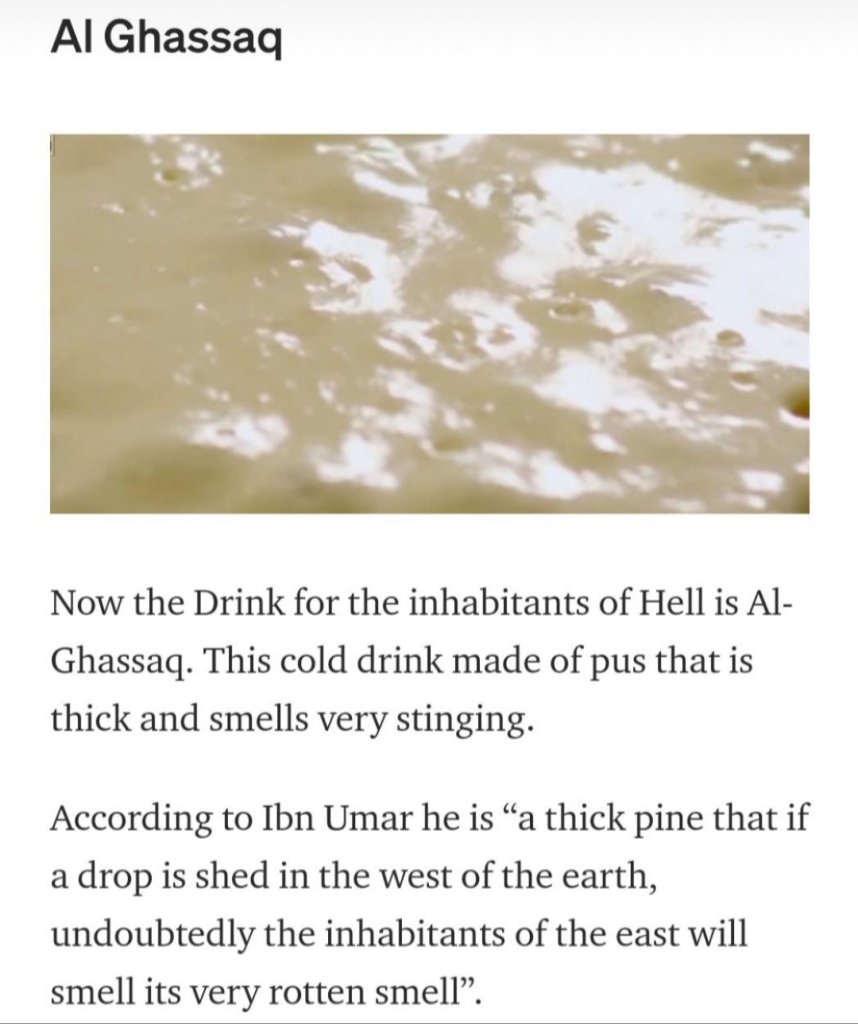
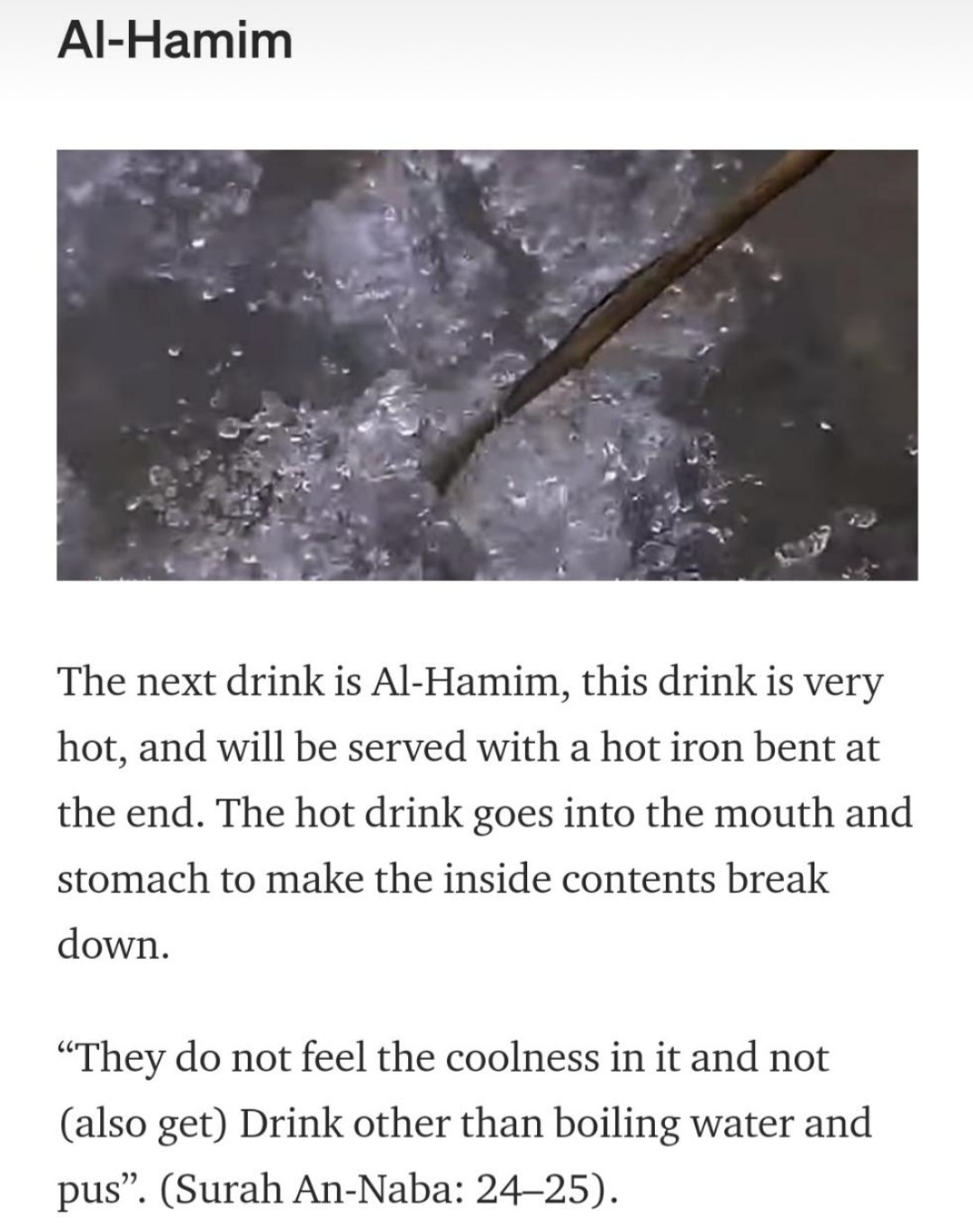
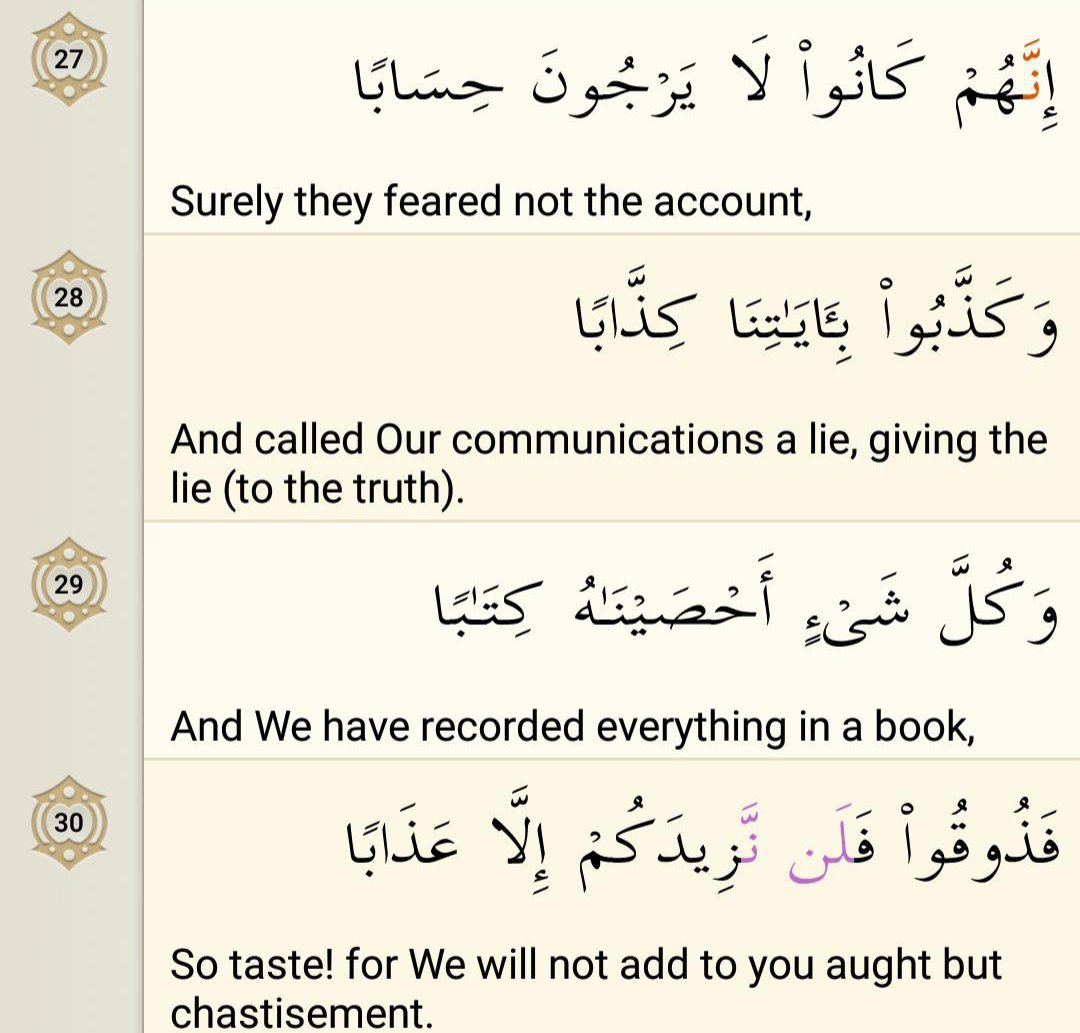
Now to explain the cause of punishments mentioned previously, Allah says,
“Surely they used not to look forward to the Reckoning (for their deeds)”.
And the same carelessness paid to the Reckoning and the Day of Judgment was the cause of their rebellion, tyranny, and cruelty, which resulted in this dreadful destiny for them.
In fact, the lack of Faith, about the Reckoning, is a certain cause of rebellion; that which is the cause of those grave chastisements.
They had forgotten about the Day of Judgment and they left no room for it in their lives. It is natural that such persons who become the doers of any great evil and sin will finally be involved in these painful punishments.
“And they rejected Our Signs with strong denial”.
Their low desires had become so strong in them that they denied all the Signs of Allah in order to continue going astray and accomplish their unlawful wishes.
It is obvious that these verses carry some broad meanings, so that they include the verses consisting of the unity of Allah, prophecy, divine legislation, creation, the prophets miracles, precepts, and traditions And, regarding the denial of the extensive Divine Signs and evidences, that have covered the world of creation and divine legislation, we should accept the punishment for these people as ‘a fitting recompense’ and just penalty.
Then as a warning to these rebels and also for the emphasis on the balance of ‘sin’ and ‘penalty’, and the authority of a fitting recompense (for their evil), Allah says:
“And everything have We recorded in a book”.
We accept this warning so that we, therefore, would not imagine that something of our deeds will be left unrecorded and that we will not be punished for it, and also, that we would never consider the painful punishments as unjust.
Allah was continuously preparing a complete record of their sayings and doings, even of their intentions, thoughts and aims in life and nothing was being left un-recorded, whereas the foolish people in their heedlessness thought that they were living in a lawless kingdom where they were free to do whatever they pleased and desired, and there was no power to call them to account.
Then finally Allah says,
So taste! For We will not add to you but chastisement
This verse does not mention what they will taste. This is to strikes more terror to the disbelievers. What punishment? By leaving it unrestricted (not mentioning what they will taste) it includes all types of pain, grief and sadness.
Most Mufasiroon said this verse is coincided to be the most severest verse in the Quran that speaks about punishing the disbelievers. Like Abdullah bin Amr said, “Allah did not reveal any Ayah against the people of the Hellfire worse than this Ayah. Why? because in this life people suffer, go through pain etc but eventually this pain will go away or at least decrease but as for the punishment of the disbelievers not only will the punishment not cease or even decrease it will be forever be increased.


Now Allah shifts to the believers and their rewards. Here the word “righteous” has been used in contrast to those who did not expect any accountability and who had belied Allah’s Revelations. Therefore, this word inevitably implies those people who believed in Allah’s Revelations and lived in the world with the understanding that they had to render an account of their deeds ultimately.
It is a habit of the Quran that whenever Allah gives a threat or a warning He then mentions the opposite i.e what He has prepared for the believers. A possible reason why Allah mentions Paradise after Hell is to create in the disbelievers a sense of regret and sadness (for what they will lose out on).
What is Taqwa?
Muttaqeen is usually translated as God fearing, righteous, devout, pious etc.
Taqwa is generally translated as fear but taqwa is not just fear. It refers to the precautions you take as a result of fear, the things you do because you are afraid. For example, you are afraid your house will get burgled so as a precaution/protection you lock your door. So taqwa is to take precaution. It is a feeling that results in some kind of action.
Taqwa is to place a barrier, shield, protection between you and the punisment of Allah by fulfilling the commands and abstaining from the prohibitions, avoiding the doubtful, fulfilling the recommended, and not doing the disliked.
What is Mafaaz?
Allah says for the believers is mafaaz . This can refer to two things.
1) The place of success. A place where you achieve your desired goal and the fulfillment of what the heart desires.
2) It is ‘the’ success.
So the believers are going to gain a great victory and salvation for following the path of Taqwa throughout their lives.
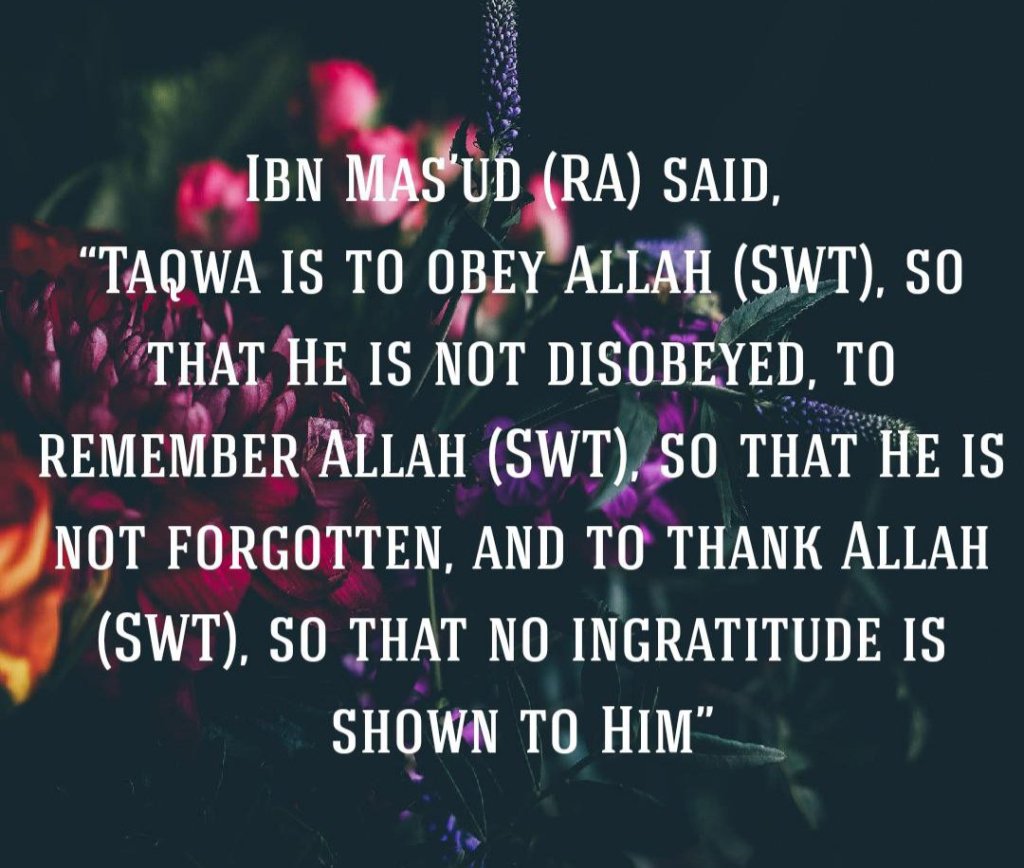

Now Allah mentions the blessings of Jannah He has prepared for the righteous. Allah first makes mention of gardens and vineyards/grapes.
The Gardens…
Hadaiqa is plural for the word hadeeqa usually translated as gardens. But perhaps a more accurate translation is a private garden or a garden that is enclosed & is full. This is something that is full with different trees, plants, flowers of different types that produce different fruits and this garden is typically surrounded by a wall (enclosed/private).
Subhanllah our Hadeeqa in Jannah will be a place of privacy. No one else has access to it.
The Vineyards…
Anaab is plural for grapes. The word ‘grape’ is mentioned many times in the Quran for many reasons.
The name of the tree that grapes come from is called Karm and this word in Arabic is usually used in the sense of generosity and nobility. The reason why it is called this karm is because,
▪️ It is something every easy to grasp/reach unlike other fruits like cocoanuts, jack fruit, dates etc, for that we have to climb. Its hanging down, so one can easily grab the fruit. As if the tree is blowing out of humility.
▪️When grapes grow they don’t grow separately (like apples) rather they grow in huge bunches. Showing generous nature of the tree.
Allah is also Al-Kareem, because Allah’s generosity is extremely easy to come and Allah is so generous with us.
So grapes really is a significant fruit and really signifies the generosity of Allah and for this perhaps why they are one of the most recurrent fruits mentioned in the Quran and just by mentioning these two features (gardens and grapes) Allah has gathered various different delights that a person can attain in Paradise. Also the nutritional value of grapes is significant.
The garden of Jannah is something that is very beautiful to gaze upon, has flowers and fruits/grapes which are delicious to taste. So many delights gathered in just these two words. Allah produces the imagery so the strivers strive hard today to attain the rewards!
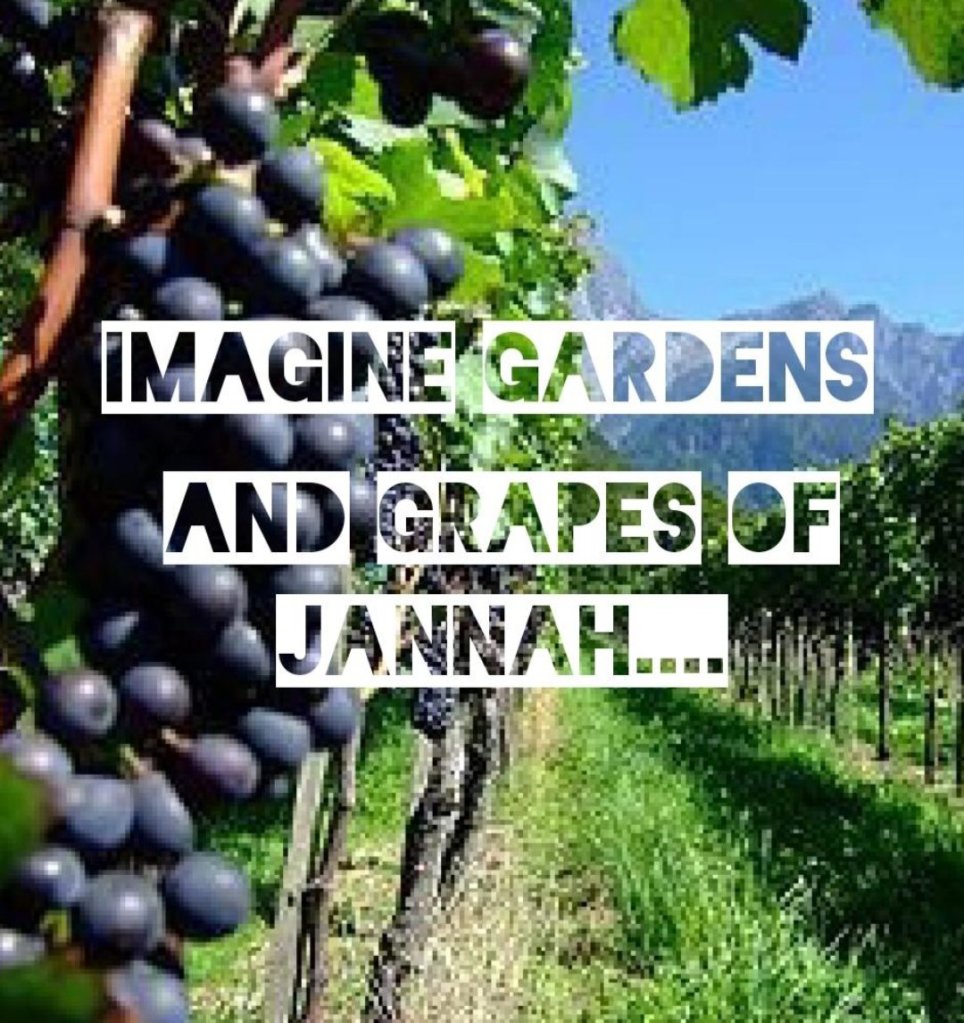
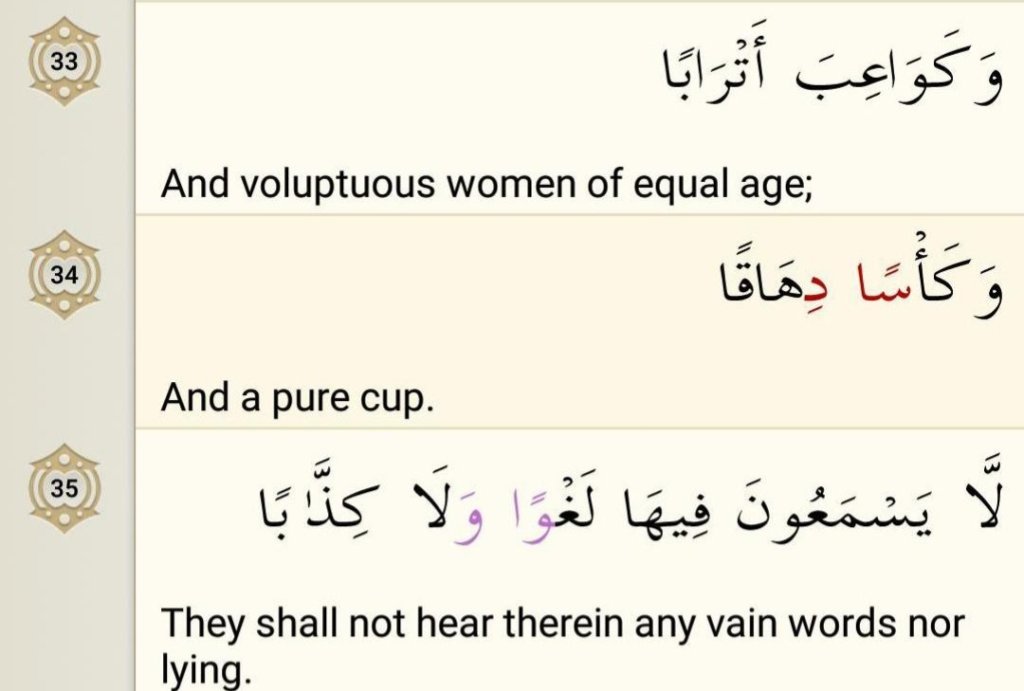
Women of equal age…
Allah further gives a list of blessings of Jannah. There will be voluptuous women of equal age. The word kawaib shows age of prime youth and atrab shows persons of same age, so Allah will bless with companions (Hoor-al-iyn) of prime youth and equal age.
This may mean that they will be of equal age among themselves as well as that they will be of equal age with their husbands.
A pure cup…
In Arabic there are many words for cup. The word here used is kasa. In the Arabic language kasa is a cup made either from gold, sliver or glass and has the characteristic of always being full. So an empty cup is not called kasa. What will it be full of? It will be full of wine or some other drink from Paradise.
Dihaaq means full, it never depletes or diminishes. As you drink from this cup it will continue to be full. Compare this to what the people of Hell will drink, boiling water & the pus from the people of Hell.
No vain talk no lying…
The dwellers of Jannah will not hear any laghw useless talk backbiting gossiping etc or khidhaba when one person lies against another. Why does Allah mention these two specific things?
In the beginning of the Surah, the disbelievers are making useless talk, they are mocking the concept of Resurrection in-front of the believers and the believers are being patient with their speech. But when they get to Paradise the believers will not have to hear this speech ever again.
As for khidhaba the believers in this life are constantly the object of mockery and slander especially in the media. They are called terrorists, barbarians etc not even the Messengers of Allah are spared from this mockery. In Jannah they will no longer have to hear this speech. Alla forms of evil of tongues will be gone forever!
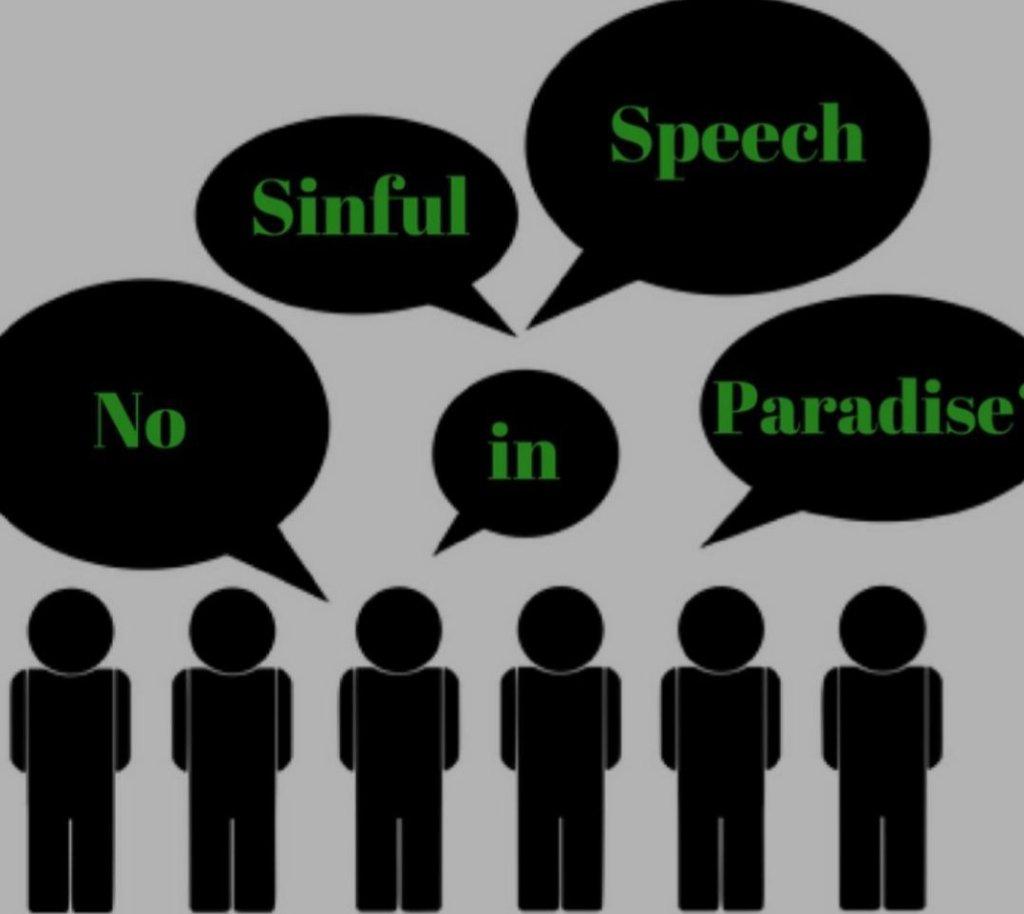
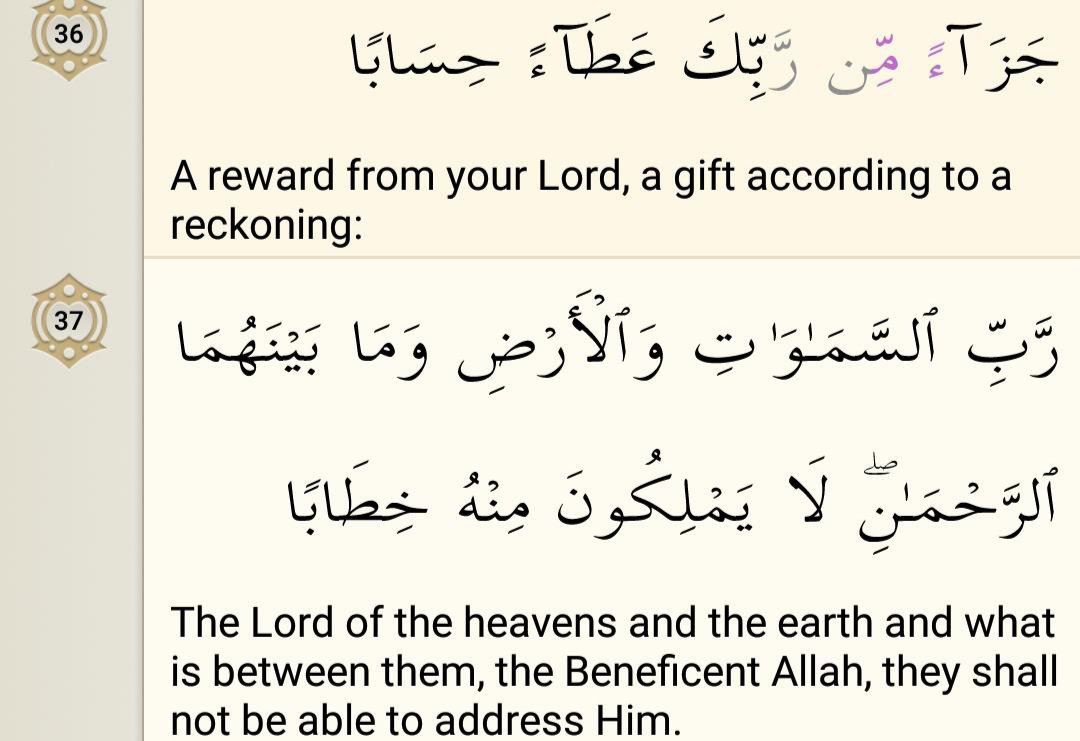
After mentioning the blessings of Jannah, now Allah says that this all is a reward from your Lord, a generous gift made due by account. To really appreciate this Ayah we must compare it to Ayah 26. The verses are very similar but at the same time, different. We read in Ayah 26, ‘the punishment you get is an exact reward’. So we would think that this verse would say the same, ‘your reward (Paradise) is an exact reward for our actions.
But NO! Know our deeds can never amount to Paradise. Our deeds are not even enough to cover us for the smallest insignificant blessing Allah has given us let alone Jannah.
Ataa means a gift. So here Allah reminds the believers that Paradise is a gift from Allah. And a gift is something that one gives voluntarily to someone it is not obligated. A gift is not necessarily earned but can be given without it being deserved by the receiver. Here Allah speaks directly to the believers. He says, “YOUR Master! Making it a very personal affair. Allah is showing His intimacy and closeness to the believers. So we should feel as though Allah is speaking to us directly. In ayah 26 Allah did not mention Himself like He has in this ayah.
Hisaab means its fitting/ in accordance. Therefore Jannah is a gift from Allah but our levels and ranks in Jannah is determined by our good deeds. But even after this Allah gives more than what we deserve.
Next we can see the discussion turning back to the very beginning of the Surah.
Allah is saying He is the One who will reward those who believe with this generous gift from Him for He is the Master and Owner of the heavens and earth. He can give what ever He wants freely. Hence he is Ar-Rahman and this is to indicate the nature of His ataa giving. It is a manifestation of His mercy.
But going back to the beginning of the ayah ‘no one will posses the ability to speak to Allah (except whom He wills)’.
How did the surah begin? People are talking ‘What is this Resurrection that Muhammad pbuh is speaking about? What is this Quran? Who is this Rahman?’ The Quraish accepted many names of Allah but one of the names they did not except was Ar-Rahman. They are talking, discussing, gossiping and mocking but on that Day they will not speak. This is a threat to them, ‘You can speak all you want now, have all the debates doubts etc but on that Day you will be silenced’.
We can also say not only will they not posses the ability to speak but also they will realize the hideous nature of their disbelief and rejection. So as a result they will be speechless.
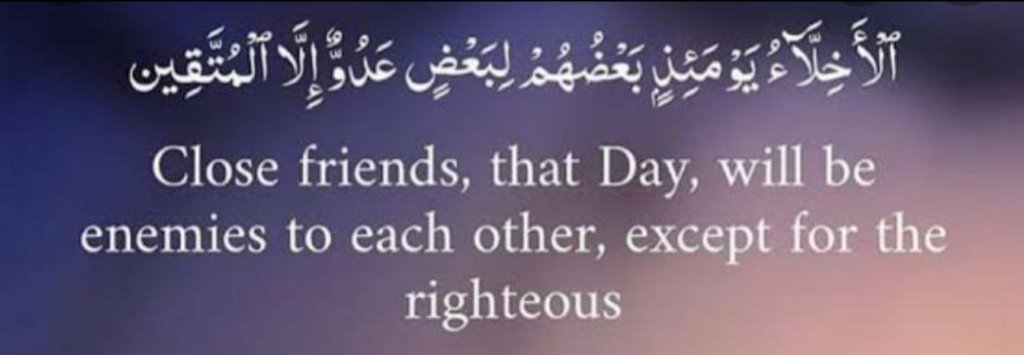
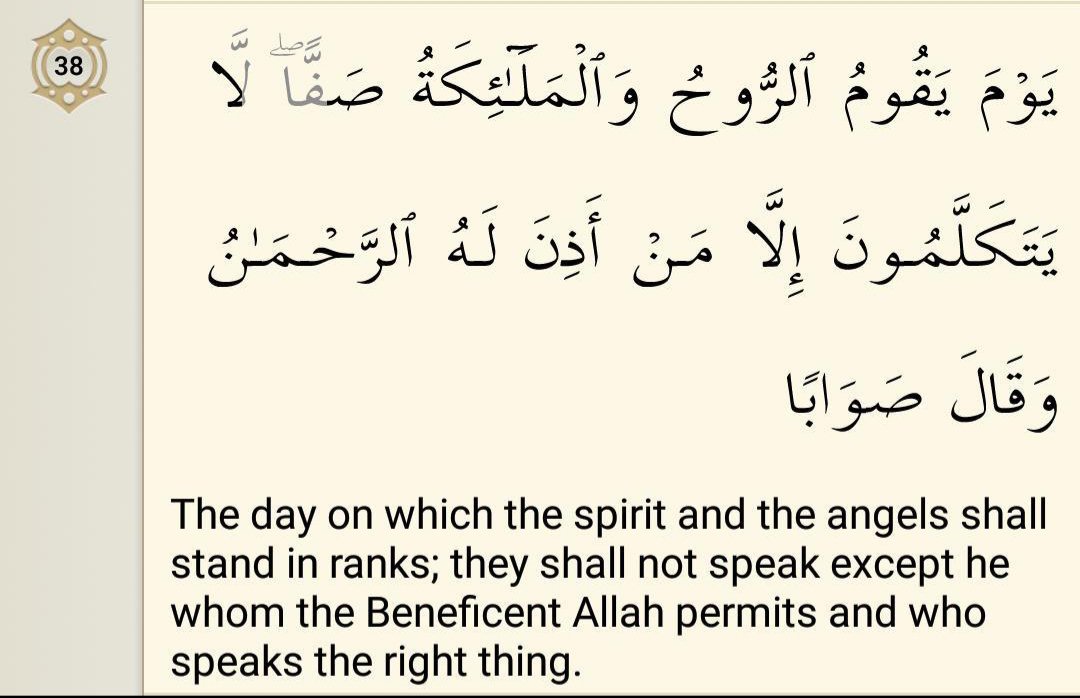
The word Rooh here is referring to the angel Jibril (according to vast majority of commentators), who is the noblest of the angels, the closest of them to the Lord, and the one who delivers the revelation.
Allah says that on the Day of Judgement, Ar-Rooh (Jibril a.s) and the angels will be standing in a saff (rows). This indicates that the angles are organized and much obedient. They will not speak! Why? Because of their khushu of Allah.
In the Hereafter, everyone is so terrified that no one is able to say a word or offer intercession except by Allah’s leave. Intercession will only be made if Allah permits, only for those who are deserving. And only those who speak are those whom Allah allows to speak. And these will be the intercessors, like the Prophets and the righteous people.
Allah’s name Ar-Rahman is mentioned again here. The fact that Allah allows the Messengers to speak is a manifestation of His mercy. On that Day the one who He allows to speak, their speech will benefit the believers like the Prophet pbuh. The intercession has been made conditional upon two things:
(1) That the person who is granted permission by Allah to intercede for a sinner will alone be allowed to intercede and for the particular sinner only.
(2) That the intercessor will say only what is right and proper, and nothing derogatory, and the one for whom he is interceding should have at least acknowledged the Truth in the world. That is, he should only be a sinner, not an disbeliever.
Another benefit that comes from this verse is that one of the theories of the disbelievers of the Quraish was that the angels (or their idols) would come and save them by interceding on their behalf. But the angles will all be standing before Allah in rows, not uttering a single word. So if the disbelievers had some hope that the angels would save them, then they are mistaken. The angels will be silent having no authority.
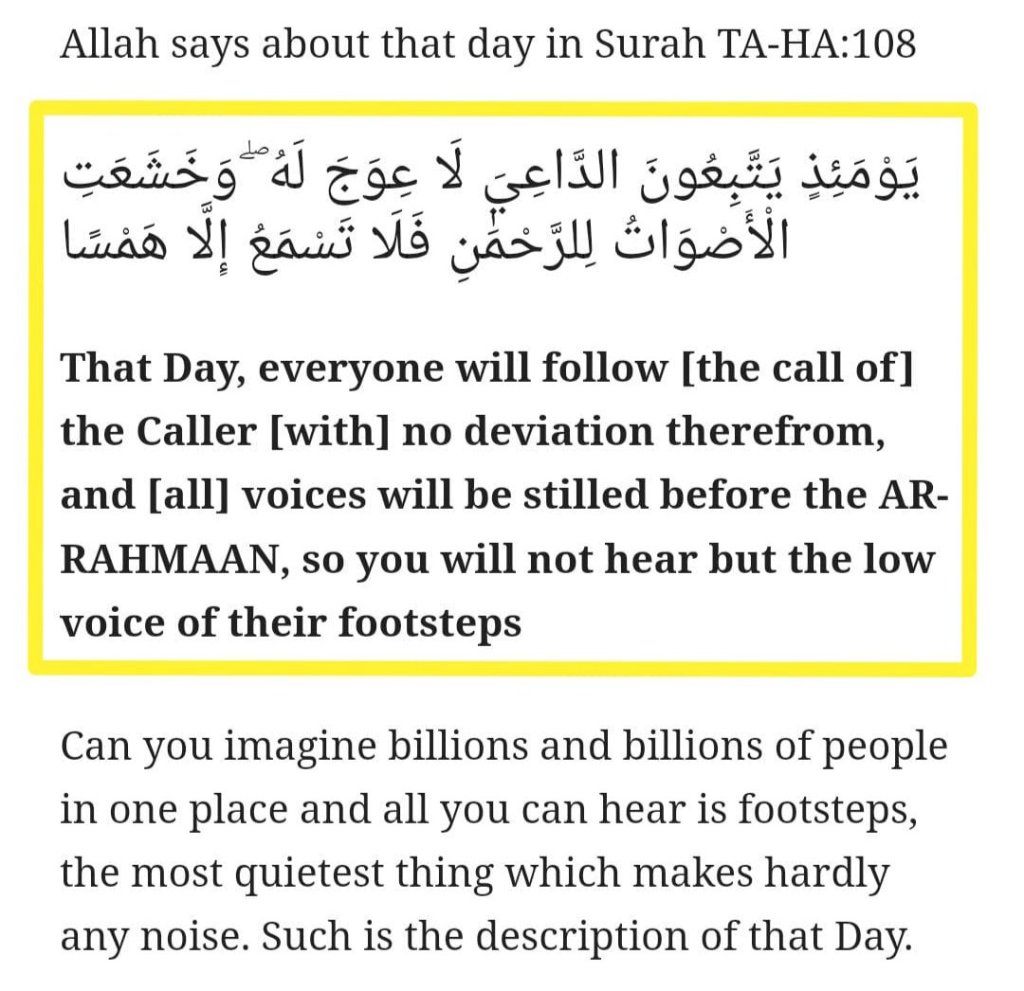
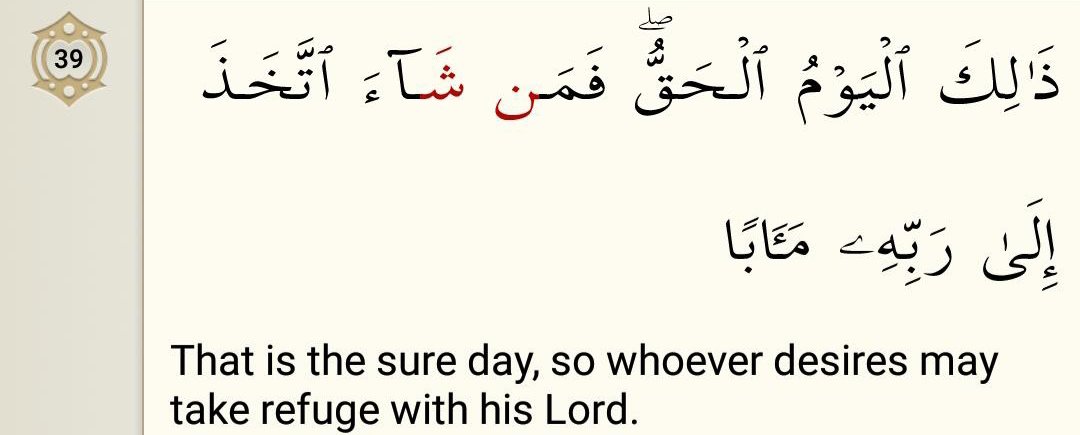
This verse is the essentially the peak of Surah Naba. This verse takes us back to the first verse where the disbelievers were inquiring about Akhirah. Allah responds here ‘That is The True Day!’
Allah calls the Last Day as Haqq. It is a reality that should not be doubted in at all. Also all the days that they the disbelievers spend in this world, are of no benefit to them in Akhirah because of their rebellion. That Day only the believers will benefit .
Shaa means to wish, will or desire. This verse refutes the idea that we are forced to do our actions i.e have no free will. Rather Allah says, Its up to you.
So if you want to be with your Lord, have the abode in Paradise for eternity then you must will/want it. You must take that choice upon yourself and seek Allah’s pleasure. If you really believe that Akhirah is certain then you must take this belief as a means to go back/return to your Lord.
Ma’aab means a place of return. This word has already been used in verse 22. Where once it was used for transgressors and now it is being used for the one who wants to come back to Allah. So we learn here, whether you like it or not you will return back to Allah. There will be some who will only turn back to Allah on that Day and there are some who will turn back now. You decide what Ma’aab do you want? So Allah invites you to willingly turn to Him now or else that Day you will have no choice but to return to Him in a state of no benefit!

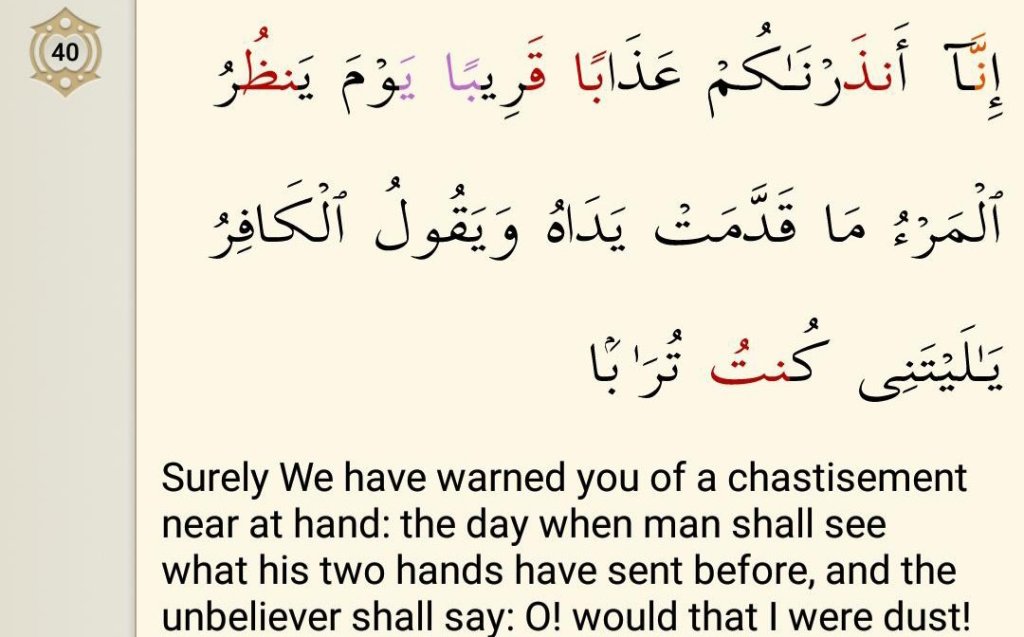
Allah has already warned us !
In the end of Surah Allah gives a clear warning that we will for sure approach the Day when we will see what we had earned Apparently, one might think that the people who were the audience of this verse died fourteen centuries ago, and even now it cannot be said how many hundreds or thousands or millions of years Resurrection will take to come. Then, in what sense has it been said: “The torment of which you have been warned, has approached near at hand?” And what is the meaning of saying in the beginning of the Surah: “Soon they shall know?”
The answer is that man can have the feeling of time only until he is passing a physical life in the world within the bounds of space and time. After death when only the soul will survive, he will lose every feeling and consciousness of time, and on the Day of Resurrection when man will rise back to life, he will feel as though some one had aroused him from sleep suddenly. He will not at all be conscious that he has been resurrected after thousands of years.
Then Allah describes the regret of the looser that day. When the rebel of the world there will say, “Would that I had not been born in the world, or had become mere dust after death, and thus reduced to nothingness.”
Imagine when you read this verse, the desperate emotional state of the one saying it, he is not saying it because he lost some money or lost a loved one etc! He is about to taste the punishment of Allah and so he cry’s يَا لَيْتَنِي What will they wish? They will wish thay they be reduced to dust once again.
Why will they wish to turn to dust? Two possible reasons are,
1) Because they will come to know that Allah is angry with them, they will see Hellfire in clear sight, they will know that this punishment they are about to taste is for eternity. What is better than death? If there is death then there is no punishment. But there is no death but there is only punishment.
2) When we die, what do we become? Turab ,means dirt … So by saying I wish that I were dust its like hes saying on that Day, ‘I wish there was no Resurrection. I wish I could just stay dirt. I was so much better of being Turab. In this life I used to say ‘When I die, am I going to come out of dirt and become a new person again? No, No! I will stay Turab… and now that he is Resurrected he will wish he could go back to being Turab.
Interesting to note also in Arabic tradition, dust/dirt is associated with humiliation. To put dust on someone or kick it on their faces were expressions of humiliating someone. The last thing someone wants to be associated with is dust. But such is the enormity of that Day, they will wish to be dust.
